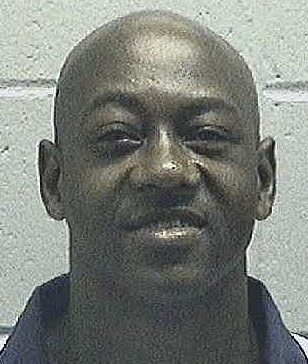WASHINGTON — A majority of the Supreme Court on Monday seemed inclined to believe that Georgia prosecutors had improperly excluded African-Americans from a jury that found a black teenager guilty of murder and sentenced him to death.
The trial occurred in 1987, just after the Supreme Court ruled in a case called Batson v. Kentucky that it was unconstitutional for lawyers to use peremptory strikes to keep people off a jury because of their race.
“I’m just going to ask you,” Justice Elena Kagan said to Georgia Deputy Attorney General Beth A. Burton. “Isn’t this as clear a Batson violation as a court is ever going to see?”
Not surprisingly, Burton said it was not. She said the Rome, Georgia, prosecutors were preoccupied with the race of the potential jurors only because lawyers for the defendant had said they would challenge each dismissal of an African-American potential juror.
But Atlanta lawyer Stephen B. Bright, representing death row inmate Timothy Tyrone Foster, said the rare discovery of the prosecutors’ notes showed that the lawyers singled out black potential jurors, put all on a list of “Definite NOs,” and ranked them against one another in case there was no way to avoid accepting an African-American.
“I mean, we have an arsenal of smoking guns in this case,” said Bright, who works for the Southern Center for Human Rights.
Despite the court’s general skepticism of the prosecutors’ actions, it was unclear whether the justices would use the case to offer more clarity on how judges should oversee the use of peremptory challenges. (There was even a hint that procedural problems might require the justices to send the case back to a lower court before making a decision.)
Lawyers selecting a jury can strike potential jurors after questioning them for a variety of “cause” reasons, such as whether they know one of the parties to the case or because they acknowledge they could not be fair. But both sides also get a number of peremptory challenges, meaning they can dismiss a juror for no particular reason.
After the Batson decision, race could no longer be one of the reasons, and the court has since added gender to the prohibited reasons. If challenged, a lawyer would have to justify the dismissal to the judge on some other grounds. But almost no one thinks the rule works well. And because research shows blacks are less trusting of criminal justice and whites more accepting of law enforcement, lawyers appear to use the race of prospective jurors in deciding whom to strike, surveys show.
Foster is not claiming he is innocent of the brutal murder that landed him on death row. Foster, then 18, was arrested for killing Queen Madge White, 79, a widow.
Send questions/comments to the editors.



Success. Please wait for the page to reload. If the page does not reload within 5 seconds, please refresh the page.
Enter your email and password to access comments.
Hi, to comment on stories you must . This profile is in addition to your subscription and website login.
Already have a commenting profile? .
Invalid username/password.
Please check your email to confirm and complete your registration.
Only subscribers are eligible to post comments. Please subscribe or login first for digital access. Here’s why.
Use the form below to reset your password. When you've submitted your account email, we will send an email with a reset code.